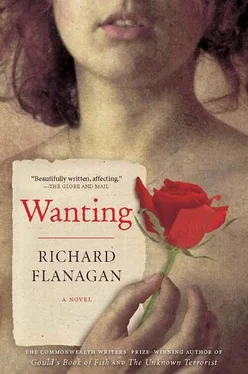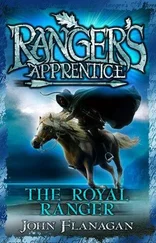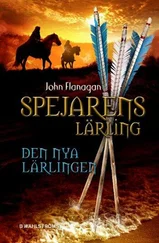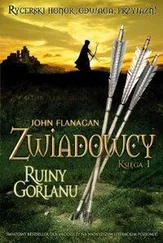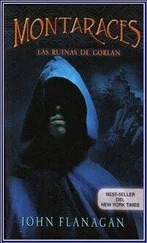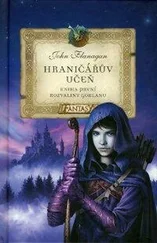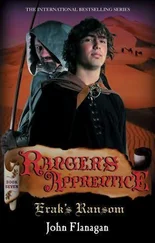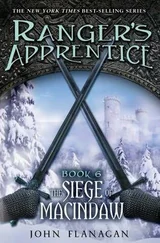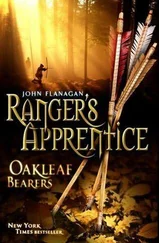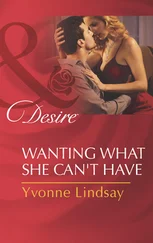The working entrance to the Haymarket Theatre was a furtive door protruding into a side alley, from which the summer morning heat was raising a chutney of odours. With the toe of a boot, Dickens flicked aside the oyster shells splattered with bird droppings that were piled over the entrance steps. A filthy urchin, clad in only a torn waistcoat, rode a pig past, chattering in some gibberish Dickens took to be Gaelic, with two other semi-naked children walking alongside. A starling flew out of a hole above the door, to the shrill sound of hungry fledglings, as Dickens entered the dark and rather grim hall. He made his way towards the distant sound of music and dancing feet, to that place he loved above all others, where hearts can be at once disciplined and undisciplined, that world where, given a mask, lies speak the truth.
After twice getting lost, he came upon the backstage, a confusion of beams, bulkheads, ropes and rollers, and such a mixing of gaslight and daylight, of long shadows and short shadows, that none of the natural laws of the universe seemed any longer to apply. And sitting amidst it all, striped by the shadows, was a young blonde woman silently sobbing.
‘Why, goodness gracious, Mr Dickens, when you said soon, I did not realise it meant this very morning in the midst of rehearsals!’
Dickens turned to see a sturdy but not unattractive woman.
‘Mrs Ternan, I knew you would be busy, but I have a proposal that I wished you to hear as soon as possible.’
He looked back to the crying young woman, whom he now recognised as one of Mrs Ternan’s pretty daughters; he had admired her on stage the evening before.
‘I’m afraid Ellen here feels that she is undone in the final scene when she must appear in the ripped dress. She feels it leaves too much of her leg revealed. You see, Mr Dickens’—and at the mention of his name, Dickens swung around to face Mrs Ternan—‘I have trained my daughters to be respectable and actresses, and not to view the two as incompatible. They are not common players.’
‘Mr Cornford of the Regent’s Playhouse spoke very highly of both the character and ability of your family, Mrs Ternan.’
When he had watched Ellen Ternan, who to Dickens looked a pretty sixteen, perform as Hippomenes in a play called Atlanta , he had thought she seemed competent. Her calves were also rather attractive. But he understood from Mr Cornford that one of her sisters was outstanding and her mother was much respected, and that all four female professionals were reliable, respectable and, not least importantly, available on the dates the Manchester Free Trades Hall was booked.
‘If you wished, I could speak with the manager about costuming…’ Dickens’ eye strayed back to the girl. Her large eyes a piercing blue. Her stockings very thin. Her legs—
‘Oh, I need not worry, Mr Dickens. I will have my way and my daughter will not be cheapened; her name and our name will not be so easily lost.’
From the high gallery windows, with their little strip of sky, there fell a strong beam of light. Dickens felt its unexpected warmth, its nourishing goodness.
‘No one will speak to the manager,’ said the girl suddenly. ‘I simply shall play my role as I see fit’—she lifted her head up high with a flourish as she spoke—‘and that shall be that.’
‘Ruin ought be, if ruin must come, ruinously worthwhile,’ said Dickens, knowing he was now playing and not quite able to restrain himself.
Mrs Ternan feared business was being lost.
‘And your proposal, Mr Dickens?’
But the girl appeared not to be listening when he replied. She was watching his hands. They darted about like the wings of a wild bird in a cage.
ONLY LATER, when he was dying in the resolute black of an Arctic winter, turpentine oozing from the compressed planks of the Erebus in which he lay, did Sir John come to see how difficult governing a part-prison, part-bazaar might be. His openness, his indecision, his lack of guile, his absence of secret agents, his ignorance of the necessity of compromise, his patrician disdain for the dark arts of inclusion and exclusion, of favour and persecution, had in Van Diemen’s Land doomed him finally to derision and contempt.
Leading the starving remnants of his expedition, he had the previous month reconnoitred to the south, but, failing to find any recognisable landmark in that terrible white, they had returned to winter in their two ships, to make their one startling discovery: the Terror already crushed between floes and sunk, only a snapped mast left on the ice as evidence of what once had been.
On finally taking off his frozen boots in Crozier’s cabin in the Erebus , three toes had come off with Franklin’s stocking. They amputated his leg twice, once below the knee and once above, but the gangrene had him.
Outside, the wind roared and necklaces of ice danced through the air. Inside, death seemed welcome, if only because it might relieve him of his own insufferable stench. He understood little of people generally and had, in society, tended to leave them to his wife, who assured him she did. In this, too, he could now see he was mistaken. She simply lacked his humility.
Though Lady Jane would later show an ability for intrigue first awakened in her by the Van Diemonians, at the time she cultivated everything that was opposed to her nature: meekness, servitude, altruism. She was not a raconteur nor yet one taken with stories, be they in a foolish novel or tripping off the tongue of the woman sitting next to her at dinner. Still she tried, for she was in her own soul, as she was in everything, an inescapable self-improver in whose mind Van Diemen’s Land and her own ambitions had become one.
Nowhere, Lady Jane had realised on arriving in that colony not yet forty years old, could be more ripe for reform and enlightenment. Her mind ran with ideas for projects and ventures and organisations. The island was prospering as never before, a flood of convict slave-servants tending its ever-growing flocks of sheep, which produced ever more wool for the booming textile mills of Britain. Its people—those not in chains, at least—were ready for a Golden Age, and when the history of that age came to be written, Lady Jane was determined that she and Sir John would be at its head.
The island of which her husband was effectively monarch at first seemed to Lady Jane a delightful plaything, which Sir John might remake after the image of countless London parlour conversations. And at the beginning he had restructured the convict system in line with the most enlightened thinking, founded learned and scientific societies, and held soirées where matters intellectual, philosophical and scientific were discussed at extraordinary length. His supporters said he never slept, his critics that he had never awoken.
The young daughters of the free settlers, who had loved Government House for the opportunity to dance the night away to the military band, were at first mystified, then angered, when they arrived to discover the ballroom given over to yet one more solemn discussion on the emerging science of mesmerism or the beneficial applications of magnetism to agriculture.
Through her husband, Lady Jane had set about with great enthusiasm founding hospitals, charities and schools, leading the society away from the simple making of money and towards the reason of an enlightened Old World.
‘Do you think you could procure for me a pretty little design for a glyptotech?’ she wrote to her sister in London, using the fashionable Greek word for a building to house sculpture. ‘The island needs its own Ancients and Mythology. I can think of no better way of beginning than with a few rooms of small size, though good proportions, to hold a number of pictures and a dozen casts of the Elgin and Vatican marbles. Expense is an important object, or I shall never in this money-loving colony get the means of erecting it. Could you arrange to have casts made of the Theseus, Ilyssus, Torso and Horse’s Head at the British Museum, also the Apollo Belvedere, Venus de’ Medici, and the Dying Gladiator?’
Читать дальше
